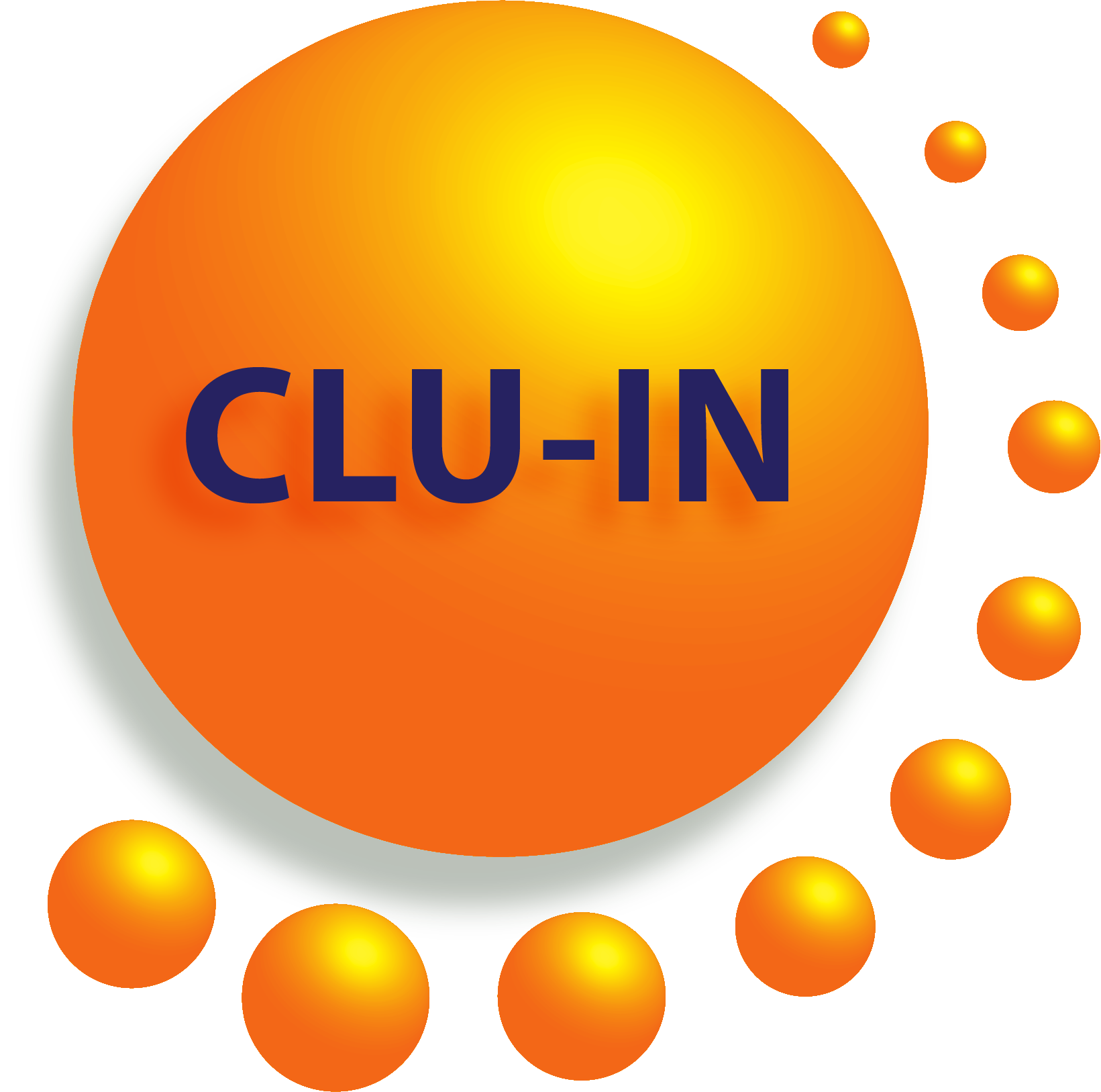Environmental Data Management (EDM): Real Life Application of Data Management Planning and Field Data Collection Best Practices Training
Archived: Thursday, April 25, 2024
Sponsored by: Interstate Technology and Regulatory Council
The ITRC Environmental Data Management Best Practices Team (EDMBP Team) prepared a series of guidance documents and case studies on best practices for all phases of EDM to address the need for guidance on managing large stores of environmental data. Environmental data management (EDM) is a broad field that encompasses all aspects of environmental research and regulation, from habitat studies and wildlife management plans to health advisories and remediation of hazardous waste sites.
The EDMBP Team developed three Roundtable training sessions to support the Guidance Document and case studies. You are welcome to register for any of the three, but they do not build upon each other.
- Data Management: Real Life Application of Data Management Planning and Field Data Collection Best Practices
- Data Exchange: Best Practices for Exchanging Environmental Data
- Data Quality: Best Practices for Achieving and Maintaining Quality within Environmental Data Management
In this training, trainers will discuss concepts from the ITRC Environmental Data Management Best Practices documents focused on data management planning and field data collection. This discussion is intended for people of all skill or experience levels within the environmental industry or regulatory community.
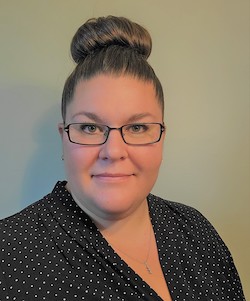 Kristen Brown, TRC (kristen.brown@trccompanies.com)
Kristen Brown, TRC (kristen.brown@trccompanies.com)
Kristen serves as a Senior Consultant and Environmental Data Management Lead at TRC. Ms. Brown has over 15 years of experience developing and implementing environmental data management programs to support projects regulated under federal and state compliance programs for business, government, and industry stakeholders. Kristen leads TRC’s team of Environmental Data Managers across the U.S. and is responsible for system administration, defining corporate wide standards, best management practices, mobile field data collection programs and developing training. Kristen has a B.S. in Geology from Kutztown University and a M.S. in Hydrogeology from West Virginia University.
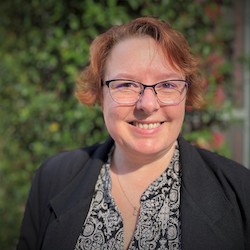 Kelly Dubois, Sanborn, Head & Associates, Inc. (kdubois@sanbornhead.com)
Kelly Dubois, Sanborn, Head & Associates, Inc. (kdubois@sanbornhead.com)
Kelly has over 25 years of experience in the environmental consulting industry working on a range of projects including construction and management of databases for environmental data; management and evaluation of multi-media chemical data; completion of data quality and data usability assessments; development and execution of quality assurance project plans and sampling and analysis plans; support of risk assessments; permit compliance; litigation support; and environmental site assessments. Kelly has a B.S. in Aerospace Engineering from Embry Riddle Aeronautical University.
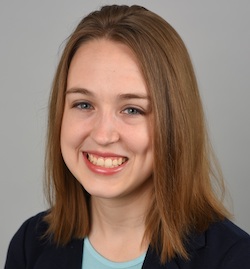 Katie Elich, Woodard & Curran (kelich@woodardcurran.com)
Katie Elich, Woodard & Curran (kelich@woodardcurran.com)
Katie is a remediation engineer with 9 years of experience working on a variety of environmental investigation, remediation, litigation, and compliance projects for clients in the public and private sectors. Her primary responsibilities include data management, evaluation, and reporting for site investigation and remediation programs. She has extensive experience with database development and management, including the use of SQL, Access, EnviroData, and Python for data management tasks. Her technical work also focuses on the analysis and visualization of complex environmental and hydrogeological datasets using software packages including GIS, EVS, and Leapfrog. Katie has a B.S. from Cornell University and a M.S. from UC Berkeley in Environmental Engineering.
 Meghan Eschbaugh, Environmental Resources Management, Inc. (meghan.eschbaugh@erm.com)
Meghan Eschbaugh, Environmental Resources Management, Inc. (meghan.eschbaugh@erm.com)
Meghan is a principal consultant with Environmental Resources Management. Meghan draws on 15 years' experience working with clients on environmental site assessments, as well as complex site investigations, remediation and risk assessment projects through a variety of government agencies. She provides training and support of ERM and client project teams globally on the implementation and utilization of environmental data management systems. She specializes in the design and implementation of custom project specific and globally standardized digital field data collection forms. Meghan has a B.S. In Environmental Engineering from Michigan Technological University.
 Brian Pointer, North Carolina Department of Environmental Quality (Brian.Pointer@ncdenr.gov)
Brian Pointer, North Carolina Department of Environmental Quality (Brian.Pointer@ncdenr.gov)
Brian is a data manager with over 5 years of experience. Prior to getting into data management, Brian was involved in many GIS and field data collection activities in both government, academic and private industry.
 Olga Stewart, Geosyntec Consultants (ostewart@geosyntec.com)
Olga Stewart, Geosyntec Consultants (ostewart@geosyntec.com)
Olga Stewart has been managing field data for 15 years, developing solutions to streamline processes for data collection through reporting. She has prepared and used desktop and mobile tools, web-based and off-line tools, custom and off-the-shelf tools: whatever are the best tools for the project at the time. Olga has led several data migration efforts, often with digitizing hard copy and field-note based historical records. She has also developed several data exchange processes between field tools and reporting tools. Her focus is on making sure data are accessible and available for every data user; she interacts and plans with the entire team, from programmers and data managers to field techs and surveyors to modelers, analysts, and cartographers (and sometimes chemists). Olga works for Geosyntec Consultants in Anchorage, Alaska. She has a BS in Materials Science and Engineering and a BS in Integrated Business and Engineering from Lehigh University.
Moderator:
ITRC Training Program (itrc@itrcweb.org)
Webinar Slides and References:
Additional Resources:
Help & FAQs
- Frequently Asked Questions
- Content Questions?
Call ITRC Training Program at 202-266-4932 or itrc@itrcweb.org - Technical Problems?
Leave us a comment - Cancel Your Registration
- My Participation Records
- CEU Credits and PDHs
Zoom Resources
Before Webinar Day
This seminar will be delivered through Zoom. Participants are encouraged to update to the latest version of the Zoom application for the best experience.
If you are unable to install the Zoom application, most functions will be available if you join just using a modern web browser such as Chrome, Edge or Firefox. We strongly encourage you to run the Zoom Meeting Test prior to attending this webinar. Technical support on the day of the webinar will be very limited and subject to significant delays.
Backup Conference Call
If you cannot participate using online audio, you may join the optional call in line. After checking in for the live event using the instructions listed below, you will see several options to participate. Please click the links in option 4 to follow along by phone and obtain the call in number. If you cannot access the phone number, you may request the call in line from the event moderator in the Q&A or send an email to Jean Balent at balent.jean@epa.gov
Click on "Join Webinar" at the top of this screen, enter your exact first and last name as you registered and enter the number of people attending at your location (including yourself). You should then be taken to the Zoom meeting room. Join with Zoom Application: For those joining with the Zoom application, you may be prompted to sign with a zoom account or join as a guest without signing in.
If joining as a guest, you will be prompted to enter your name and email address. Remember your name, image, video or voice may be visible to others in the live event. When done, click "Join" When it is time for the live event to start, the meeting host will admit you to the live Zoom meeting. Join via web browser (without the Zoom Application): For those joining with a web browser, you may close any pop ups prompting you to download the Zoom app. The next window will allow you to enter your name (first name and last name) and check the box that you are not a robot. Click the blue join button. You may also be asked to provide your email address before joining the room. Remember your name, image, video or voice may be visible to others in the live event. When done, click "Join" When it is time for the live event to start, the meeting host will admit you to the live Zoom meeting. You may need to periodically refresh the browser window to confirm if the host has admitted you. The presenters will control what slide you are viewing. You may submit questions online for the instructors to answer during the webinar by typing in the "Q&A" area. It is not necessary to wait until the question and answer periods to submit questions. At the end of the webinar you will be guided to our feedback form and links to additional resources, including the complete presentation. These links will remain active after the webinar. Provided for your convenience. Importing or accepting the invitation within this iCalendar file is not required, and declining the invitation does not cancel your registration. For additional information on iCalendar, please see our
iCalendar Help It is EPA's policy to make reasonable accommodation to persons with disabilities wishing to participate in the agency's programs and activities, pursuant to the Rehabilitation Act of 1973, 29 U.S.C. 791. Any request for accommodation should be made to ITRC Training Program at 202-266-4932 or itrc@itrcweb.org, preferably one week or more in advance of the seminar, so that EPA will have sufficient time to process the request. EPA would welcome specific recommendations from requestors specifying the nature or type of accommodation needed. EPA welcomes specific recommendations from requestors specifying the nature or type of accommodation needed. Please note that CLU-IN provides both alternate phone call-in options and closed captioning for all webinars, and requests for these specific accommodations are not necessary.
Webinar Day, Checking In
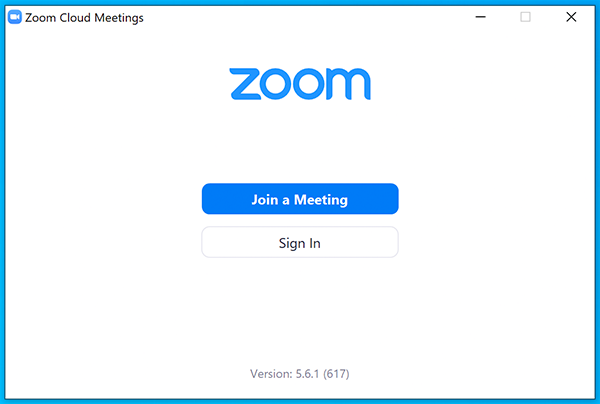
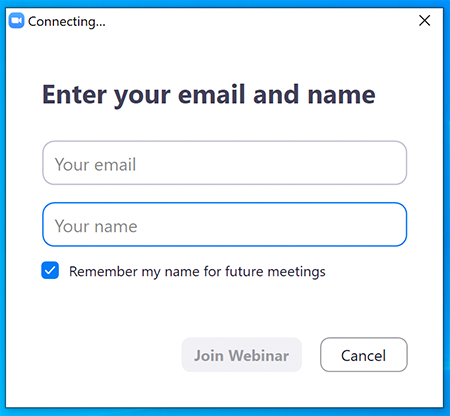
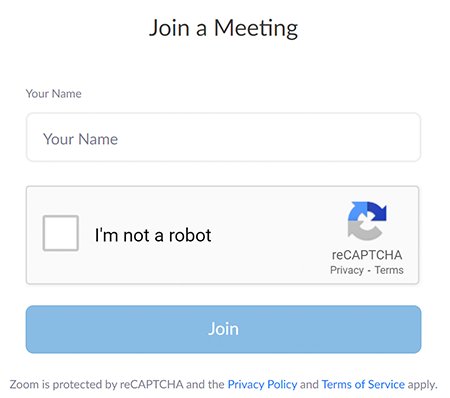
Moving Through Slides
Feedback & Links to Additional Resources
iCalendar File
Rehabilitation Act Notice for Reasonable Accommodation
Rehabilitation Act Notice for Reasonable Accommodation
It is EPA's policy to make reasonable accommodation to persons with disabilities wishing to participate in the agency's programs and activities, pursuant to the Rehabilitation Act of 1973, 29 U.S.C. 791. Any request for accommodation should be made to ITRC Training Program at 202-266-4932 or itrc@itrcweb.org, preferably one week or more in advance of the webinar, so that EPA will have sufficient time to process the request. EPA would welcome specific recommendations from requestors specifying the nature or type of accommodation needed. EPA welcomes specific recommendations from requestors specifying the nature or type of accommodation needed. Please note that CLU-IN provides both alternate phone call-in options and closed captioning for all webinars, and requests for these specific accommodations are not necessary.
Webinar Recording
By participating in this CLU-IN webinar, you automatically agree to authorize recording of audio and visual content presented during this live event and consent to subsequent use of this recording in the public domain by the U.S. Environmental Protection Agency. This recording may include questions, comments and poll responses provided by you during the live event in addition to your name, voice, image or likeness. This recording will be made available after the conclusion of the live event as part of the CLU-IN webinar archives, and will remain available indefinitely. If you do not wish to consent to the recording, please do not join the live event, and contact Jean Balent at 202-566-0832 or balent.jean@epa.gov to discuss your concerns.
Content Disclaimer
This webinar is intended solely to provide information to the public. The views and opinions expressed as part of this webinar do not necessarily state or reflect those of the U.S. Environmental Protection Agency. It is not intended, nor can it be relied upon, to create any rights enforceable by any party in litigation with the United States, or to endorse the use of products or services provided by specific vendors. With respect to this webinar, neither the United States Government nor any of their employees, makes any warranty, express or implied, including the warranties of merchantability and fitness for a particular purpose, or assumes any legal liability or responsibility for the accuracy, completeness, or usefulness of any information, apparatus, product, or process disclosed, or represents that its use would not infringe privately owned rights.

